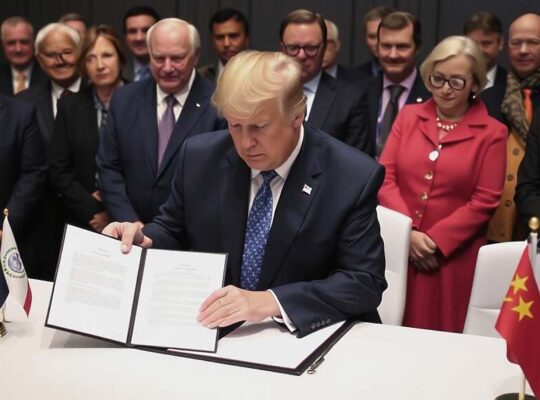A significant shift in power dynamics is emerging within the Volkswagen Group, signaling a potential curbing of brand-specific influence at the highest levels of corporate decision-making. Sources within the company, reported by “Der Spiegel”, indicate that incoming Porsche CEO Michael Leiters will not join the Volkswagen Group’s supervisory board, a departure from the precedent set by his predecessor.
Previously, Volkswagen and Porsche CEO Oliver Blume held the crucial responsibility of representing the sports and luxury brands within the group’s top decision-making body. This arrangement, in place even prior to Blume’s dual role, provided a direct channel for Porsche’s perspective into the core strategies of the wider Volkswagen conglomerate. The relinquishment of this role by Leiters represents a notable change in direction.
The move aligns with Blume’s long-stated ambition to streamline the existing eight-member Volkswagen supervisory board. Currently, the board comprises both functional executives – such as CFO Arno Antlitz – and powerful brand bosses like Volkswagen CEO Thomas Schäfer and Audi CEO Gernot Döllner. Critics have argued that this structure fosters internal competition and can impede cohesive, group-wide strategic initiatives. By removing brand-specific representation on the board, Blume appears to be advocating for a more centralized and potentially more efficient decision-making process.
The news, announced on Friday, confirming Blume’s departure from his Porsche leadership role effective next year, further underscores this trend. Despite stepping down from Porsche, Blume remains at the helm of Volkswagen, maintaining control over the parent company that holds a majority stake in Porsche. This dual role allows him to exert considerable influence, even as he aims to reshape the corporate governance structure. The decision raises questions regarding the future balance of power between Volkswagen’s core brands and the overall strategic direction of the automotive giant and whether the shift will ultimately benefit the group’s long-term competitiveness.












